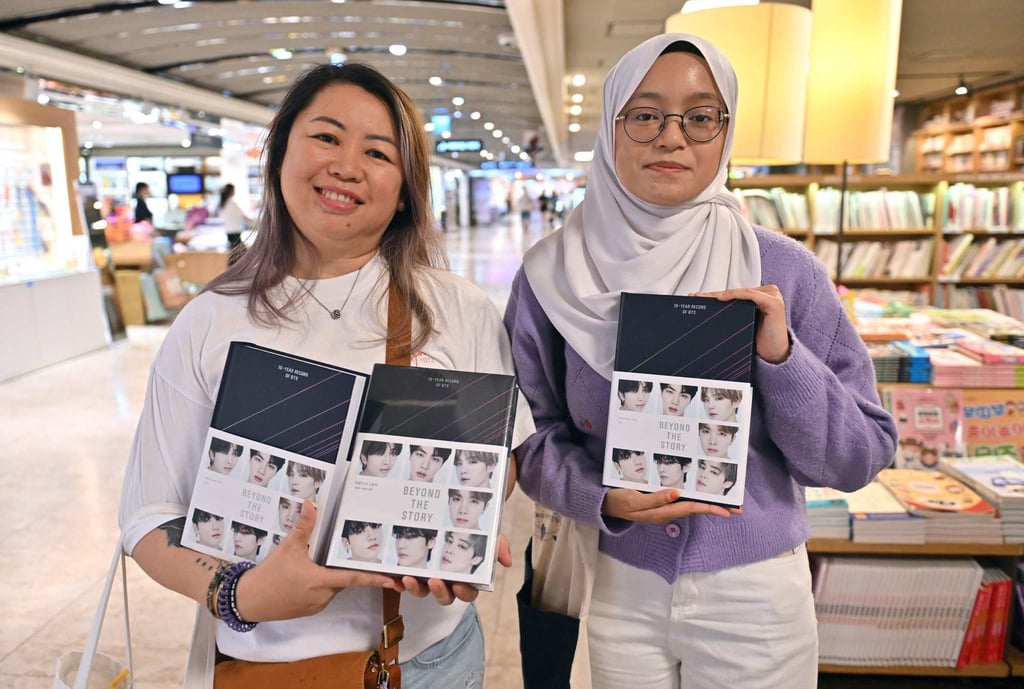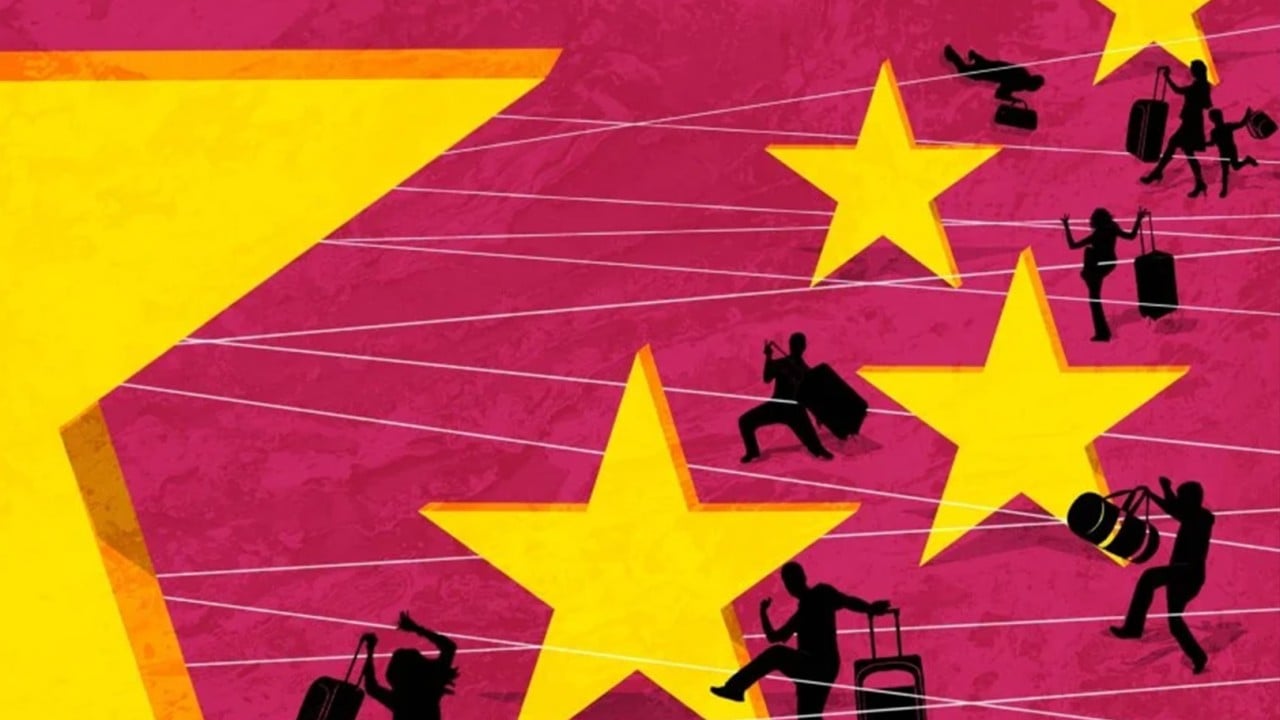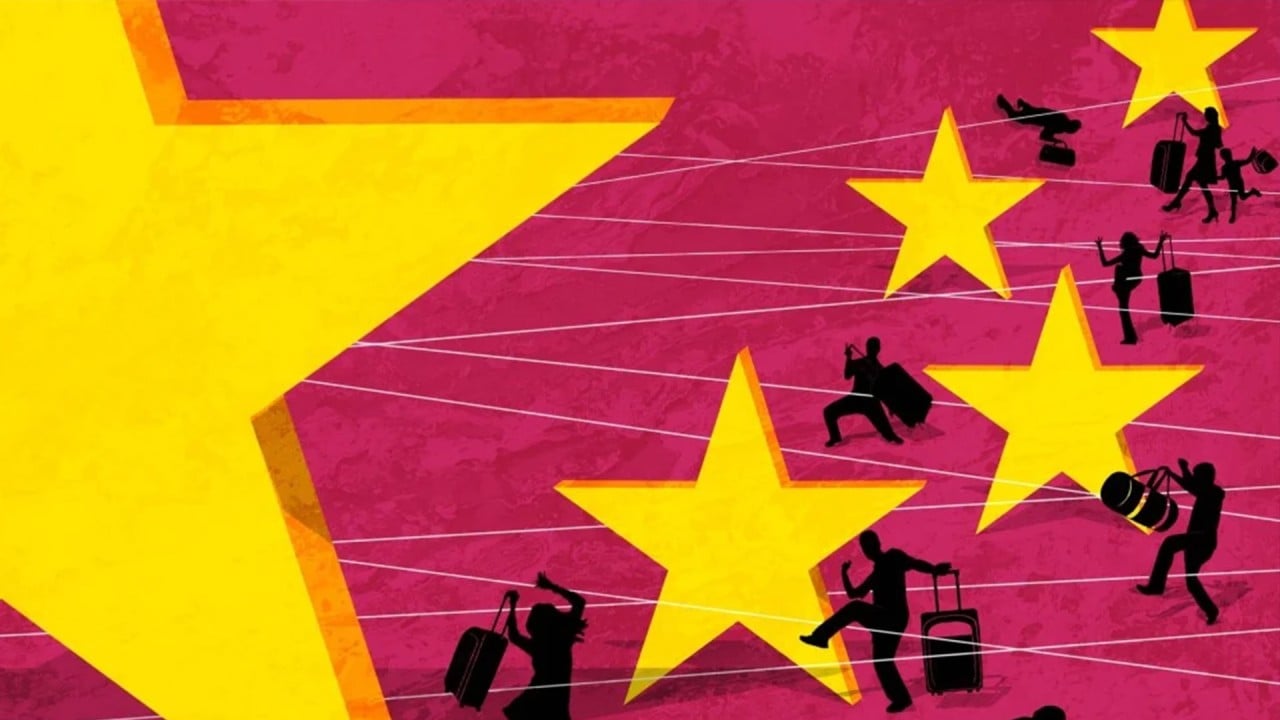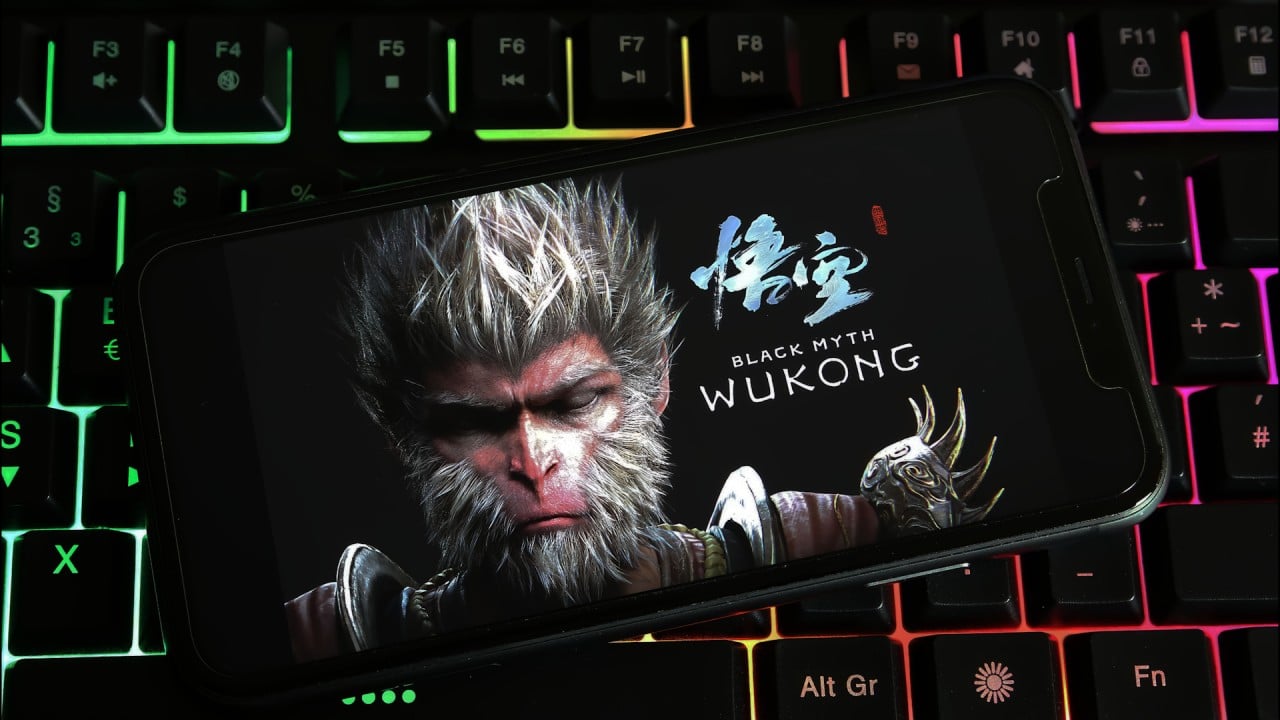Over the past couple of weeks, China has marked two milestone journeys to the west, not only commemorating the 120th birth anniversary of Deng Xiaoping, the visionary behind China’s reform and opening up and learning from the West, but also celebrating how Black Myth: Wukong, a blockbuster game inspired by the Chinese classic Journey to the West, has conquered the global market.
These events underscore an important truth in today’s climate of economic and technological deglobalisation: cultural globalisation continues to be a potent force, one capable of bridging divides and fostering global unity and development.
Right now, the international outlook appears rather bleak. The coming US election shows no signs of offering relief, with both major political parties taking a hardline stance on China. In particular, Donald Trump has threatened tariffs against multiple countries. While China remains a vocal supporter of globalisation, the reality remains that it takes two to tango, as the United States is still the world’s largest economy in nominal terms.
At the heart of the ongoing reversal of globalisation lies a deficit of political trust. Despite the continued logical appeal of globalisation, geopolitical tensions and concerns about national security and employment are fuelling tariffs and sanctions, as well as artificially inflating the cost of trade.
Meanwhile, at the people-to-people level, flights between China and the United States have yet to recover to pre-Covid-19 levels, partly hampered by the Russia-Ukraine conflict. Politics continues to impede people-to-people exchanges, despite demand.
This is not to say that China couldn’t do more. The country has been attempting to revive its international tourism industry by granting visa-free entry to citizens from dozens of countries in the past year. Dedicated help desks at airports assist international tourists in navigating China’s essential apps, and hotels are also convenient hubs to provide help for foreign passport holders.
This shows just a few of the ways in which the Covid-19 pandemic particularly affected globalisation for the worse. The sudden closure of borders and the disruption of global supply chains highlighted the vulnerabilities of a globalised economy, in a manner that trade wars and tariffs had previously failed to do.
As a result, concepts such as “decoupling” and “de-risking” gained prominence. While China argues that these ideas contradict the principles of the market economy long upheld by the West, recent global events have led many to reconsider the sustainability of the current model, particularly in a time of growing instability and unpredictability.
However, cultural globalisation remains a beacon of hope amid the broader trend of deglobalisation. In fact, instead of decoupling, we may be witnessing increased global integration and a deepening appreciation for diverse cultures.
For instance, Black Myth: Wukong, developed by the Chinese studio Game Science, has garnered global acclaim with its innovative gameplay and stunning visuals, attracting more than two million concurrent players within just two days of its release and topping global gaming charts. This success illustrates a growing appetite for cultural products that transcend national boundaries and foster international exchange.
The impact of Black Myth: Wukong is not an isolated phenomenon. It reflects a broader trend of cultural exchange, with the game’s promotional materials featuring Chinese landmarks, particularly in Shanxi province, and sparking international curiosity about China and its rich cultural heritage.
As a Chinese gamer put it on Douyin, “You have ridden a horse in Damascus, been a pirate in Europe, fired a gun in America and been an assassin in Egypt. Now, you can finally come home and be your own hero.”
The rise of K-pop is another example of how cultural globalisation can transcend political and geographical boundaries. South Korean groups like BTS and Blackpink have created internationally acclaimed cultural landscapes and fostered cultural dialogue between diverse communities.
Their influence extends beyond music; they foster mutual respect among different nations. K-pop fans from around the world celebrate their favourite artists’ achievements, take part in global fan activities and engage in cross-cultural exchanges, showing that culture can unite people despite geopolitical tensions.

The increased prominence of Korean and Chinese dramas on global streaming platforms such as Netflix further illustrates this trend. Korean shows such as Crash Landing On You and The King’s Affection, alongside Chinese hits like The Double and Word of Honour, have achieved remarkable international success. Apps like TikTok have become a global stage for short reels produced by Chinese investors and Western actors, blending local creativity with international appeal.
Even as Black Myth: Wukong prepared for its official launch on August 20, the Chinese gaming industry was boosting its global reach and fostering international collaboration. Such exchanges are not only reshaping the entertainment industry, but also driving advancements in streaming technology and digital infrastructure.
The success of these cultural products signals a new phase in globalisation. Even as international travel remains difficult, cross-cultural exchanges can allow people to gain greater appreciation for a country they have never been to. Such exchanges may build a much more solid foundation for trust than elite-driven economic engagement can.
In this sense, cultural globalisation could rejuvenate the broader process of globalisation, proving that in its many different forms, globalisation remains as relevant as ever.
Han Hua is co-founder and secretary general of the Beijing Club for International Dialogue. This article was inspired by the author’s speech at the recent 2024 Dialogue on BRICS and the Multipolar World, held in Beijing on August 24-25




